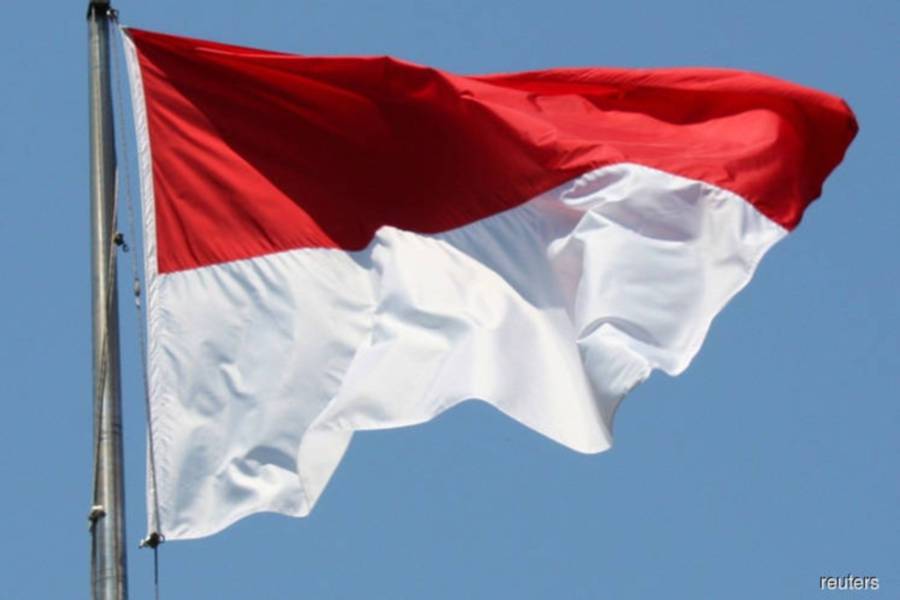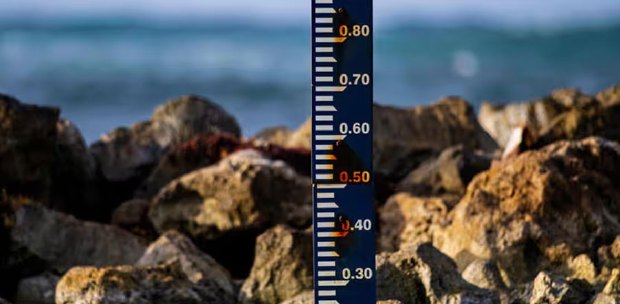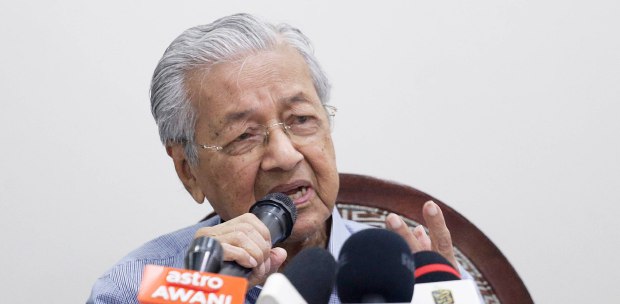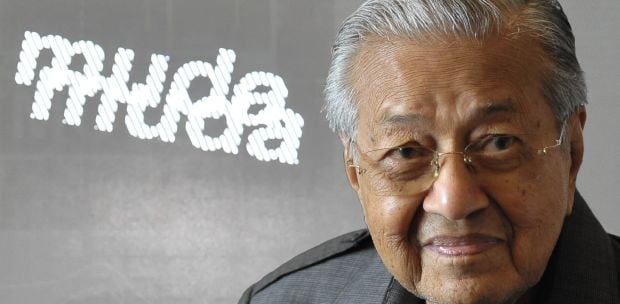LAST week, on June 16, the Jakarta Post reported that the Netherlands had finally recognised Aug 17, 1945 as Indonesia's official Independence Day.
However, Indonesia's former colonisers still insist that the legal transfer of sovereignty took place some four years later, on Dec. 27, 1949, "and that the recognition will not change any pre-existing legal conditions".
The newspaper cited Dutch Prime Minister, Mark Rutte, as stating that Amsterdam has "completely and unconditionally" acknowledged 1945 as the year marking Jakarta's independence – the first admission of its kind after 78 years.
Rutte said this in a parliamentary meeting last Wednesday in The Hague. His apology sparked controversy in the Netherlands. It hardly caught attention in Indonesia.
The same day, I forwarded the news to my Indonesian friends and acquaintances. There was no excitement. Rutte also said sorry for the "subsequent blind eye by various previous Dutch governments".
The Jakarta Post said Rutte would soon consult with President Joko "Jokowi" Widodo to mull on a shared understanding on the past event:
"We fully acknowledge the 17th of August without reservations. [...] We see the [1945] proclamation as a historical fact," said Rutte, as quoted by several Dutch media.
Recent developments over the past year, as covered and editorialised by the Jakarta Post shows sensitivity and caution on both sides.
Earlier on Feb 23, 2022, the Jakarta Post remarked that President Jokowi had "rightly refrained" from giving an immediate response to Rutte's statement.
The Dutch prime minister had apologised for the "extreme violence" committed by the Dutch colonial forces during the 1945-1949 revolution war that followed Indonesia's proclamation of independence on Aug 17, 1945.
The Jakarta Post affirmed that Indonesia "from the very beginning has decided to move forward rather than becoming a prisoner of the bitter past".
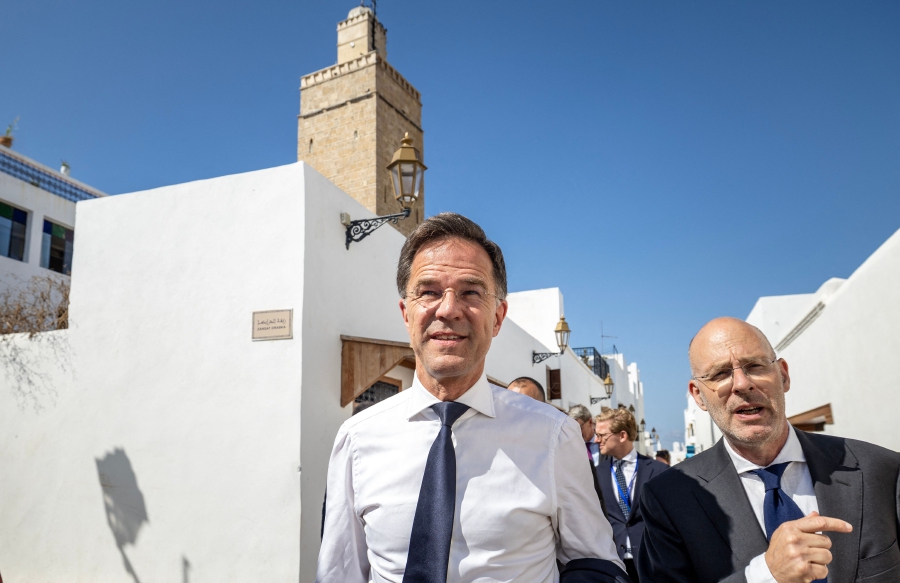
Rutte's apology was preceded by an apology by Dutch King Willem-Alexander, who visited Indonesia about two years earlier. Then, the Dutch monarch expressed it as "excessive violence" endured by Indonesians during the four-year revolution. The Jakarta Post described President Jokowi, who was standing next to the king, as "simply nodded and smiled".
Then, the Dutch king also reiterated the royal kingdom's recognition of the independence of Indonesia on Aug 17, 1945. The date itself is still disputed by some Dutch people until now, but "that's their own business," echoing the sentiments of Indonesians, especially war veterans. Regardless of Netherland's position, the history of the Indonesian nation "will not change," reiterated the Jakarta Post.
For Indonesia's younger generation, the Dutch did not leave a great legacy. According to the Jakarta Post, very few Indonesians speak Dutch in their daily lives, with the exception of the elderly people living in the provinces of North Sulawesi, Maluku and North Maluku.
March 2022 saw an exhibition at Amsterdam's Rijkmuseum using posters, personal belonging and other objects exhibited for the first time putting "a human face on Indonesia's war of independence against the Dutch which lasted from 1945 to 1949.
The Jakarta Post commented on March 20th, 2022. On Sept 2 of the same year, the Jakarta Post narrated on Indonesia celebrating its 77th anniversary on Aug 17, with a reminder that Dutch "schoolbooks say the formal Indonesian independence came on Dec 27, 1949".
Is that act of public apology, an expression of national shame, reflected in re-telling the past in school textbooks?
The writer is professor of social and intellectual history, International Institute of Islamic Thought and Civilisation, International Islamic University Malaysia


